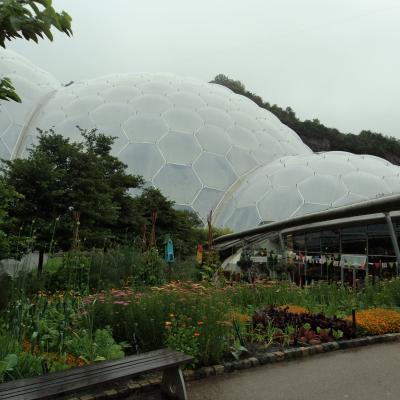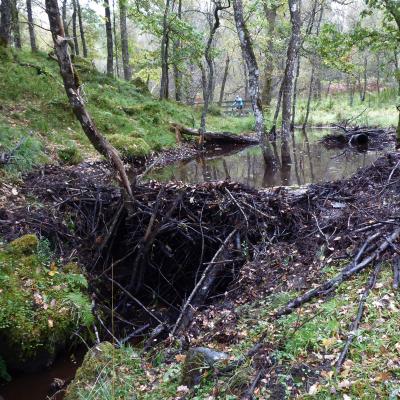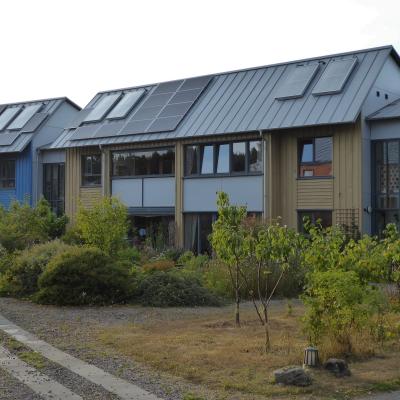Given the scale and scope of the lockdown I was puzzled when researchers said that global emissions might fall by less than 10% in 2020. Read on to find out why.......
|
|
pre-covid |
% fall in 2020 |
Contribution to overall change |
|
Transport
|
20% |
-30% |
-6% |
|
Electricity and heat |
35% |
-10% |
-3.5% |
|
Manufacturing and construction |
20% |
-10% |
-2% |
|
Agriculture and land-use changes |
25% |
No change |
0 |
|
|
100% |
- |
-11.5% |
Emissions from transport have fallen the most, whilst electricity and heat has fallen a little as we now work from home, not from an office. Manufacturing and construction fell sharply, but is likely to pick up again. Agriculture and land-use changes, such as deforestation, has been relatively unaffected.
Then, most lockdowns did not start until March so you can assume two months of 'normal' emissions resulting in fall over the year of less than 10%.
Scientists estimate that we need to cut our emissions by over 7% cumulatively every year this decade. Clearly, the lockdown is not the answer so this does seem like a tough ask.
The common-sense solutions are :
- reduce our need to travel, and electrify remaining travel
- decarbonise our electricity generation and heat production
- consume fewer manufactured goods, and invest in innovative solutions to increase the efficiency of industry and decarbonise it
- stop deforestation, restore degraded lands and shift to a predominately plant based diet.
Simple, really?
For more, my book Carbon Choices, is due to be published in September 2020.






